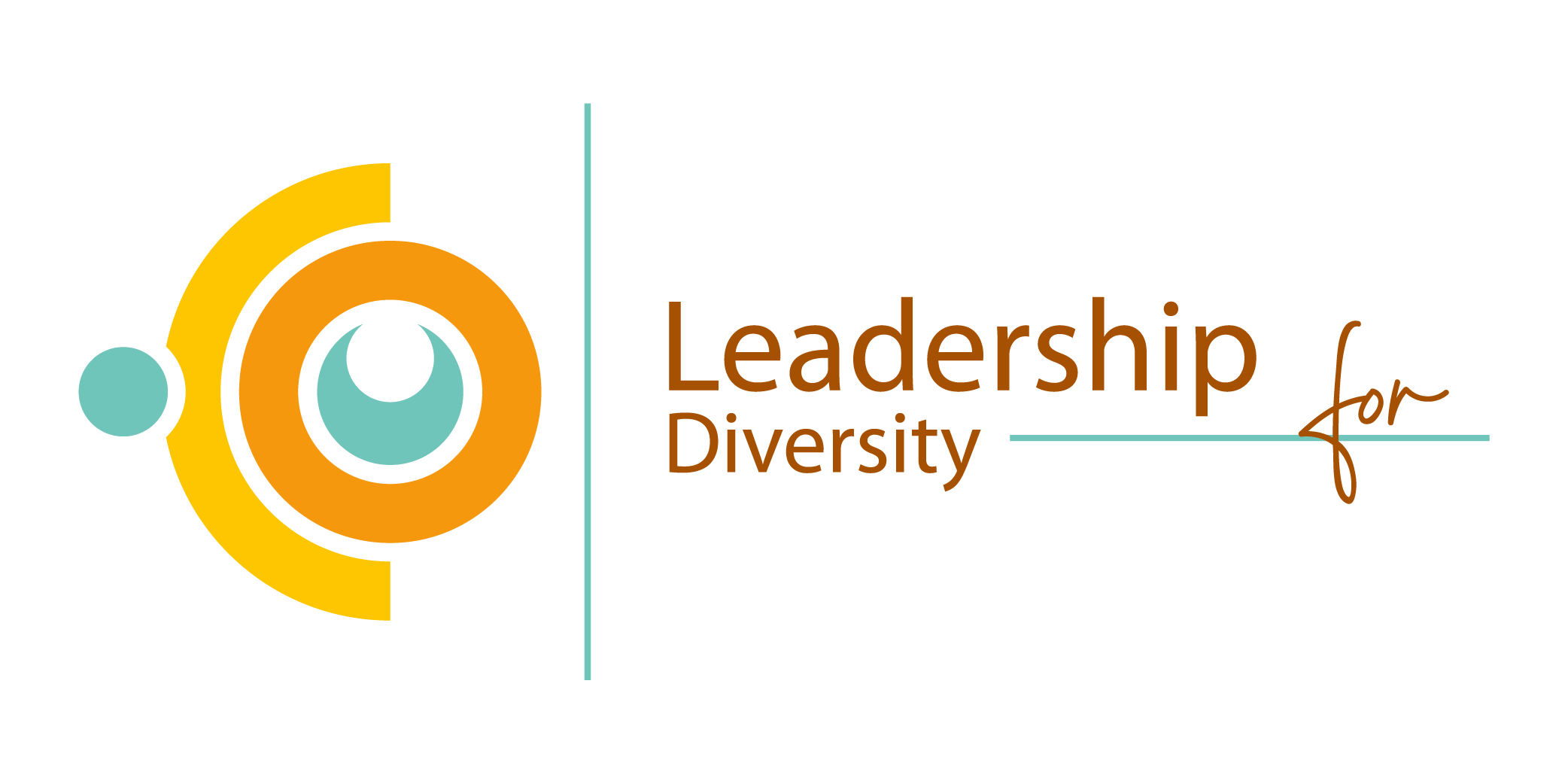In this reflective and discussion-based activity, participants are first asked to individually delve into a set of pre-selected scholarly articles that explore the dynamics of leadership and its influence on creating inclusive educational environments. These readings serve as a foundational element to ground the participants’ understanding of the theoretical aspects behind building and sustaining inclusive teams within schools.
Once the reading phase is complete, participants will engage in a guided self-assessment using a series of introspective questions. These questions are designed to prompt reflection on their own leadership practices within their educational settings:
- What leadership practices do you recognize in your school?
- What actions have you taken that helped in developing an inclusive school environment?
- Are there actions you’ve taken that might have hindered the development of inclusivity in your school?
- Can you identify reasons why certain actions helped or hindered inclusivity?
Following the individual reflection, participants will pair up to discuss their insights and experiences. This peer dialogue is structured to facilitate a deeper understanding of how each participant’s actions and observed practices either contribute to or detract from fostering a professional and equitable learning environment. It’s a chance for participants to validate their thoughts, gain new perspectives, and refine their approach based on peer feedback.
After the paired discussions, each pair will be encouraged to share key insights from their dialogues with the larger group. This sharing is structured as a report-out rather than a discussion, focusing on expanding the collective knowledge of the group without engaging in debate. This method allows for a wide array of strategies and experiences to be presented, enhancing the learning experience for all participants.
This activity is particularly valuable in promoting an understanding of the nuances involved in inclusive leadership and the practical application of theoretical knowledge. It not only aims to enhance the participants’ ability to lead more inclusively but also serves to create a shared vision of equity within the educational landscape they influence.
Website: n/a
